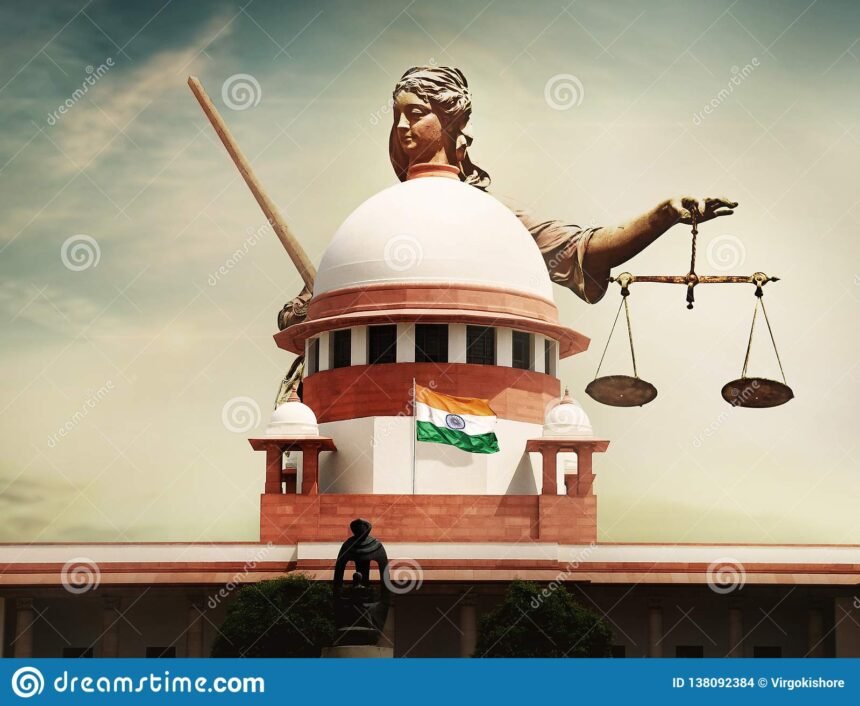The High Court of Karnataka has made a significant recommendation to the state government, calling for the establishment of three new Special Courts for National Investigation Agency (NIA) cases within the next six months. These courts would be located in three different revenue divisions of Karnataka, a move that the court believes would help expedite the handling of NIA cases and ensure that justice is served more efficiently.
The recommendation was made in response to the increasing number of cases being handled by the NIA in Karnataka, which has led to a backlog in the existing courts. With the establishment of three new courts, the hope is that these cases will be handled more quickly, allowing for faster resolution and justice for all involved.
The High Court’s recommendation comes as part of a larger effort to improve the efficiency and effectiveness of the justice system in Karnataka. The state government has been working to implement reforms aimed at reducing the backlog of cases and ensuring that justice is served more quickly and fairly.
Establishing new NIA courts is just one step in this process, but it is an important one. The NIA is responsible for investigating and prosecuting cases related to terrorism, as well as cases involving organized crime, human trafficking, and other serious offenses. These cases require a high degree of expertise and specialized knowledge, and having dedicated courts to handle them can help ensure that justice is served more effectively.
The High Court’s recommendation has been welcomed by many, including members of the legal community, who have been calling for the establishment of new NIA courts for some time. The hope is that the state government will move quickly to implement the recommendation, allowing for the new courts to be up and running within the next six months.
Of course, establishing new courts is not without its challenges. Finding suitable locations, hiring staff, and ensuring that the courts are properly equipped and resourced will all be key factors in ensuring their success. However, these challenges are not insurmountable, and with the right support and resources, it should be possible to establish the new courts within the recommended timeframe.









